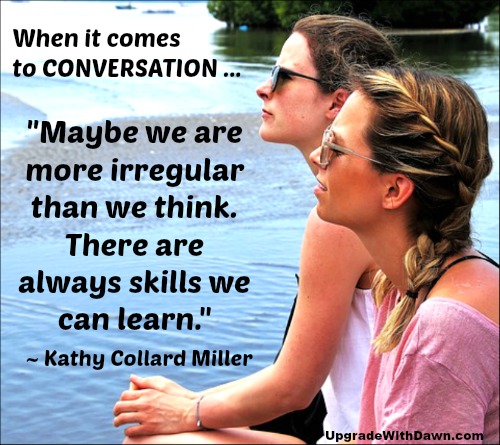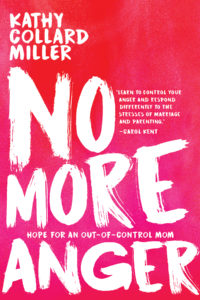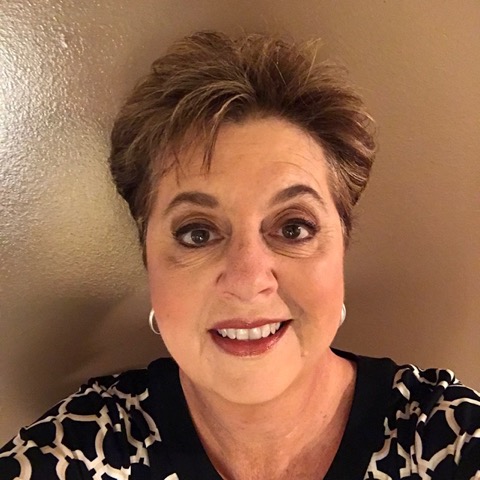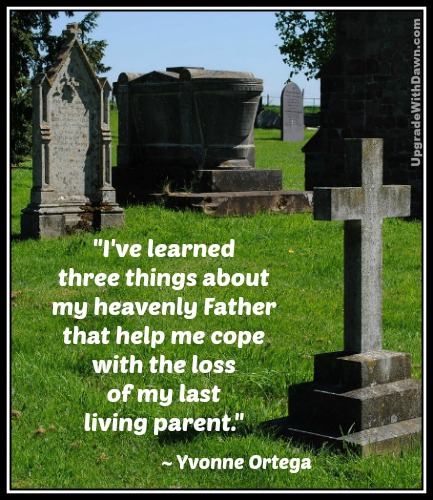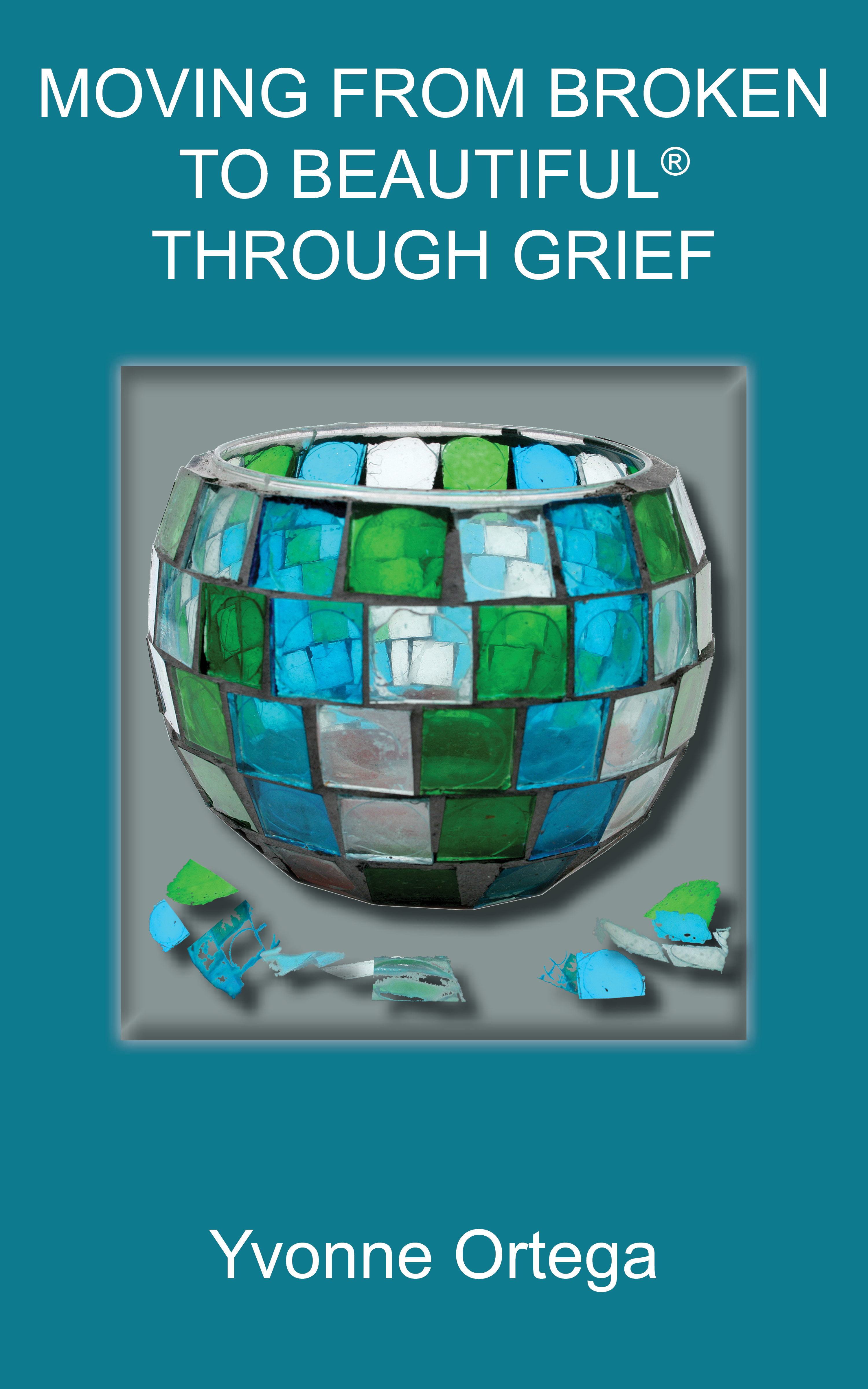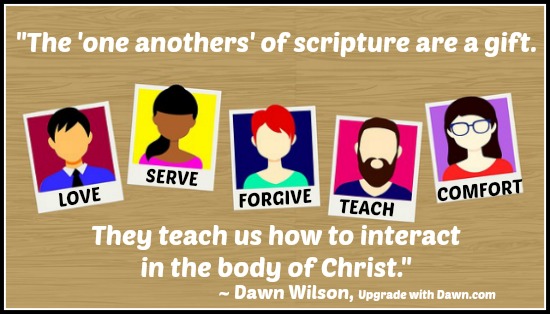Singleness and Family - Part 2
Nali Hilderman is a successful single with a powerful message of hope in Christ. In this Relationship UPGRADE, she focuses on Christian singles and their relationship to the empowering, encouraging family of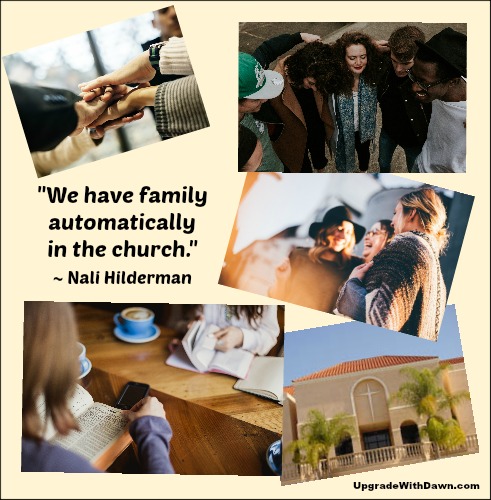 God.
God.
"Last year I wrote about singleness and the desire for family," Nali says. "I had three suggestions for fulfilling the longing for family when there’s not much you can do about it, but I forgot what may be the most important “remedy” for singleness and family: The Body of Jesus—the Church!
I (Dawn) think Nali is right! The Body of Christ came alongside me in my single days in so many wonderful ways, but I didn't think about the Church as the gift it was, at the time. I like Nali's proactive approach!
Nali continues . . .
I was reminded of this oversight when I recently revisited a book called, When the Church was a Family: Recapturing Jesus’ Vision for Authentic Christian Community by Joseph Hellerman.
Hellerman lays out the communal, family loyalty of the first century Mediterranean world and this cultural reality shaped the first century church.
Hellerman’s point in the book is that we ought to experience the Church and read the Bible, especially the New Testament, through the lens of "church as family."
So, if you’re feeling lonely and desire a family as a single woman, let me encourage you with three things in that regard.
1. Rethink Relationships and See How Jesus Defined Them.
Hellerman writes* how—for those of us in modern America—we "expect marriage to be our most meaningful, intimate and satisfying relationship. We hope to find most of our emotional, physical, and material needs met in the context of the marriage bond."
Yet, this was not the case for the first century world or early believers. In the ancient world the most important relationship was "the bond between blood brothers and sisters."
This, for Hellerman, is key to living a vibrant, communal life in the Church today.
Sisters, understand that the strong "family ties" of the ancient world are powerful for those of us who have been adopted into the family of God.
We have family automatically in the Church!
2. Get Involved in a Local Church.
In order to tap into this communal life, the first thing we must do is actively get involved in a local church.
Several years ago, I lived on the opposite side of the country from my parents and siblings, and it was only when I joined a local church and got involved in many activities that I felt loneliness dissipate.
We became family for each other, celebrated holidays and birthdays together, ate meals together, helped each other move, studied the Bible, and just over all did life together.
Nearly a decade later, I look back on that time and remember the close-knit male and female relationships I had and how much I was fulfilled doing life with those believers.
3. Be Involved with All Age Groups in the Body of Christ.
A lot of our churches tend to segregate believers into "age/life season" categories.
But I challenge you to know and do life with all ages of believers—families, newly marrieds, singles, older people, children—all ages and all life seasons. It will make your life so rich!
I had the pleasure of being in a Bible study with five women in their 30s, and five women in their retired years. The Bible study was called Living Crosswise—by Dr. Gail Bones, who wrote and led the study. It was phenomenal to realize how much we women had in common, both in life and in our relationship with the Lord.
Ladies, older believers have much to offer us, as do younger believers. Get to know them and find out what the joys and challenges are in their season of life. I guarantee it will help you see your season of singleness with fresh eyes. It will also help you find a "spiritual mom" or a "spiritual sister."
I know these suggestions do not replace the deeply-seated desire many single women have for their own family, but often life can feel so lonely and "out of our control."
We need to be active about what we can control.
Ladies, are you involved in your local church? Do you have significant relationships with men and women of all ages and stages of life at your church? Actively seek those out and see the Body of Christ as your family— both in the interim and also for eternity.
Nali Hilderman is a professor of American history and Political Science at San Diego Christian College. She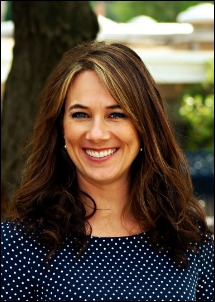 studies women’s history and Christian theology trying to make sense of how to be a confident, successful Christian woman who does not buy into the secular feminist mentality.
studies women’s history and Christian theology trying to make sense of how to be a confident, successful Christian woman who does not buy into the secular feminist mentality.
* Quotes from page 35 of Joseph Hellerman's book, When the Church was a Family.
Graphics adapted, courtesy of Pixabay and Lightstock.
 1 Comment → Posted on
1 Comment → Posted on  Thursday, August 16, 2018 at 9:00PM
Thursday, August 16, 2018 at 9:00PM  Nali Hilderman,
Nali Hilderman,  Singleness,
Singleness,  Singleness and Our Desire for Family,
Singleness and Our Desire for Family,  Singles,
Singles,  Singles and Family,
Singles and Family,  Singles and the Church,
Singles and the Church,  Upgrade with Dawn Upgrade Your Life
Upgrade with Dawn Upgrade Your Life  Relationships,
Relationships,  Single Christians
Single Christians 




